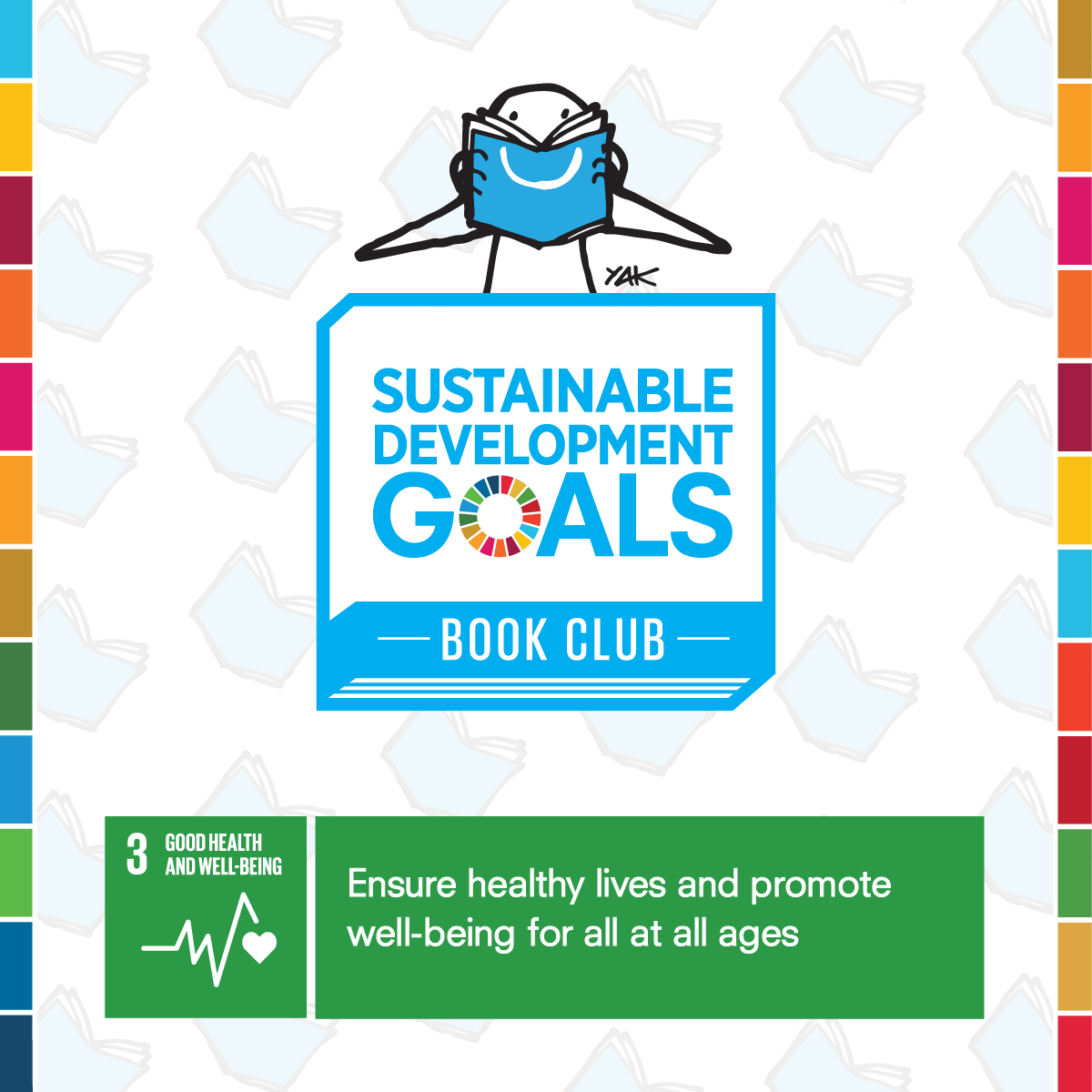Brightmine,
August 1, 2019
This XpertHR blog post contributes to SDG 5 (gender equality), SDG 8 (decent work and economic growth) and SDG 10 (reduced inequalities). Content within this post discusses the challenges faced by employers when navigating issues surrounding pregnancy accommodations.
LexisNexis Legal & Professional,
July 30 2019
July 30th marks the fifth World Day Against Trafficking in Persons, a call to action—for individuals and organizations—to protect and promote human rights among some of the world’s most vulnerable populations. As part of the United Nations 2030 Agenda, and specifically SDG 8 (Decent Work) and SDG 16 (Peace, justice and strong institutions), the global community has agreed to eliminate trafficking and companies are expected to meet ethical expectations for human rights standards.
July 2019
The #SDGBookClub helps children learn about the Sustainable Development Goals. The book club presents a selection of books for children aged 5-12 on each of the goals. Check out the books that have been selected in support of Goal 3 - Good Health and Wellbeing.
Brightmine,
July 17, 2019
Advancing SDG 8, decent work and economic growth, this podcast takes an in-depth look at how Artificial Intelligence (AI) is playing an increasingly significant role in recruiting and hiring, cybersecurity, payroll and other employment areas.
The SDG National Reporting Initiative was launched to facilitate greater information-sharing on SDG reporting between international, regional, and local communities, furthering SDGs 16 and 17. This report summarises the state of SDG reporting as well as challenges and successes identified during the implementation of the SDG National Reporting Initiative.
Elsevier,
June 20, 2019
Elsevier, the global information and analytics business specializing in science and health, is making over 5,000 subscription articles on climate change freely available for a test period. The articles contribute knowledge to advance Goal 13, Climate Action and are available through Mendeley, the reference manager and academic social network.
Elsevier
Advancing goals 13 and 16, the inaugural World Forum on Climate Justice will bring together leading civil society groups, academics, business representatives, members of the public, and policymakers to foster new thinking and explore pressing topics in climate justice advocacy, research, policy and practice as we adapt to reach the 1.5°C goal.





